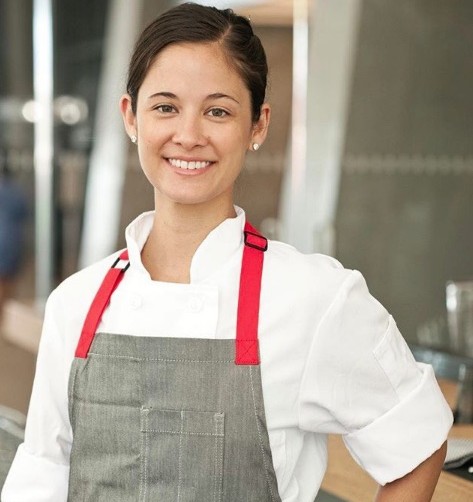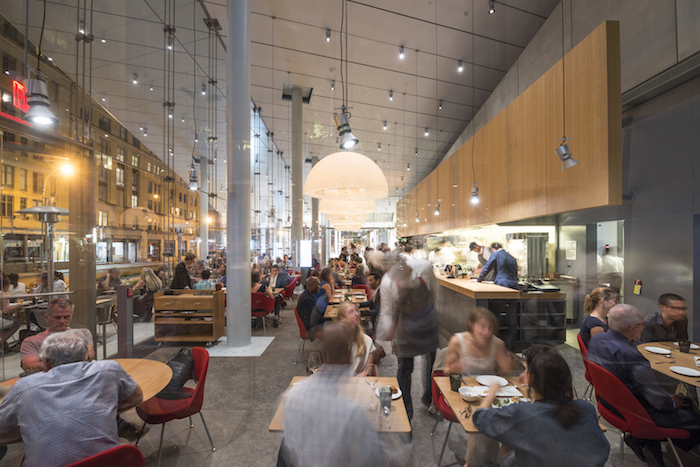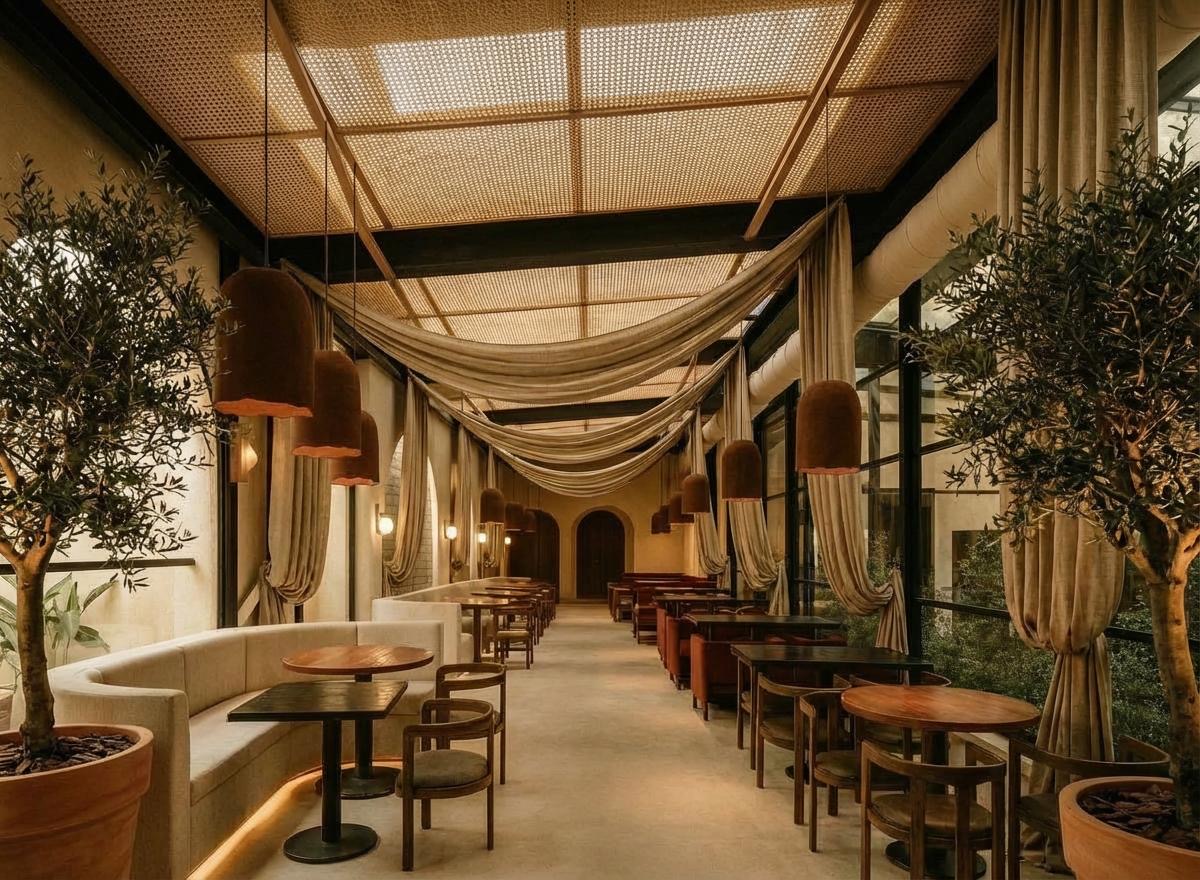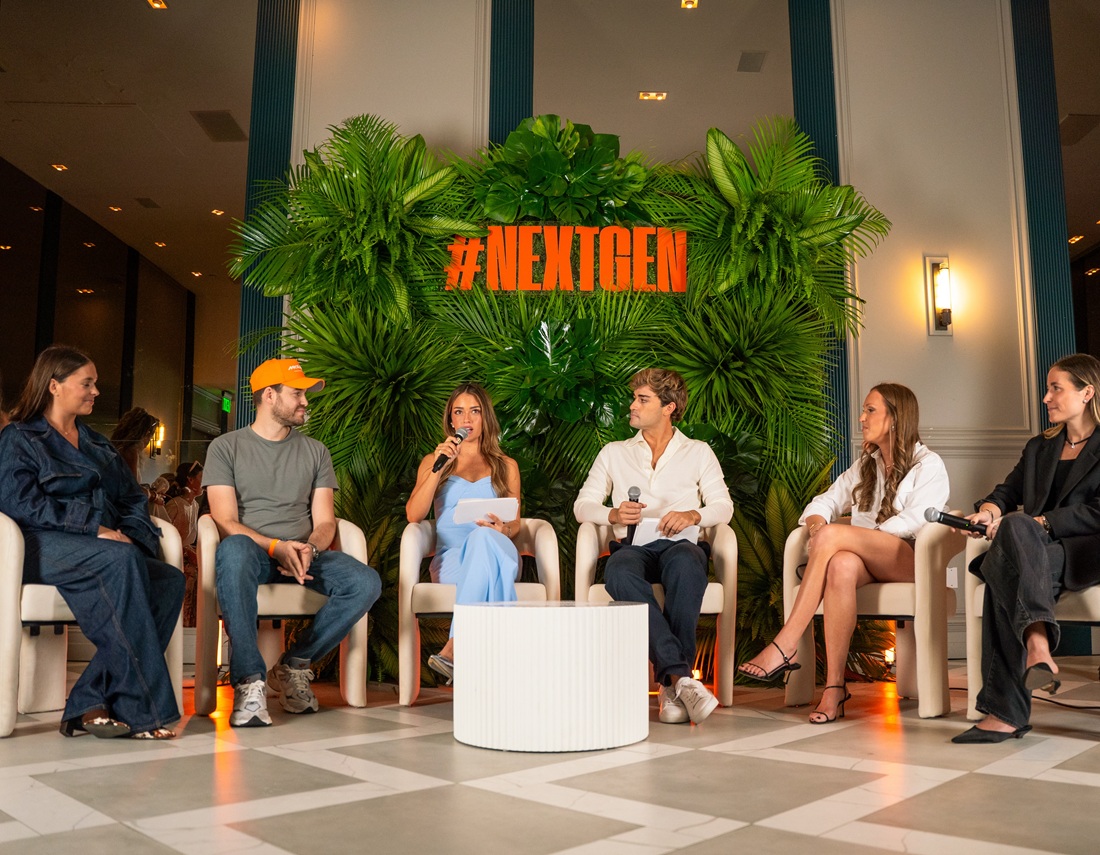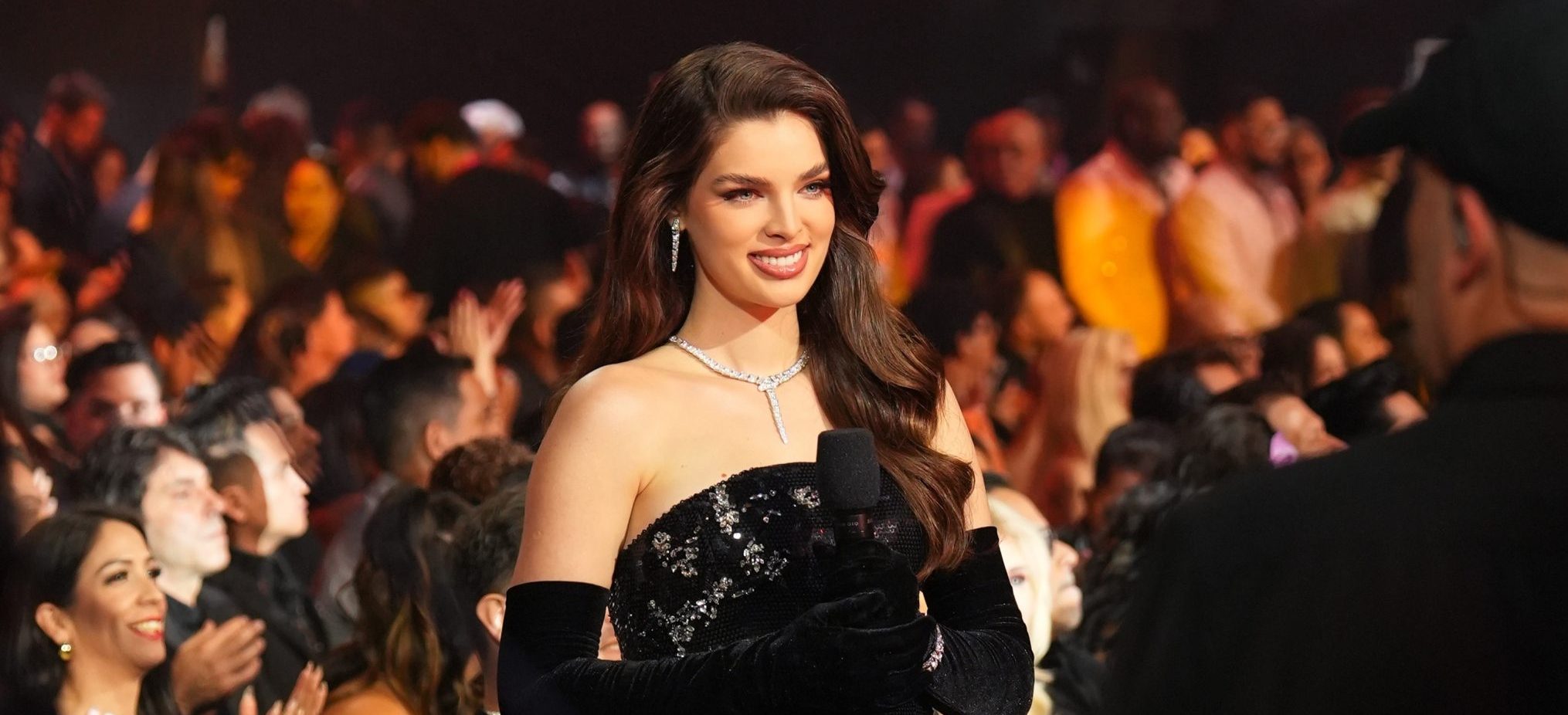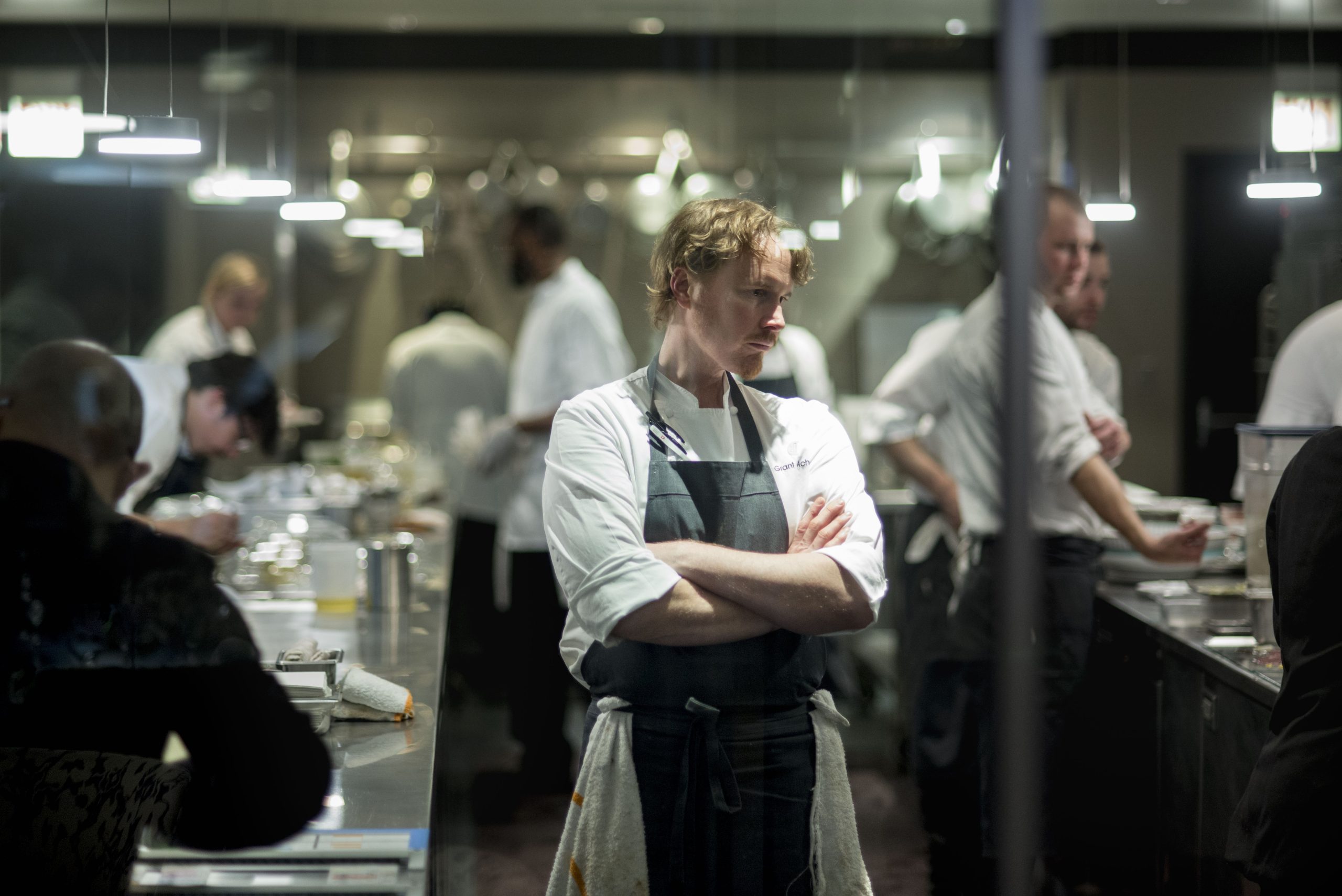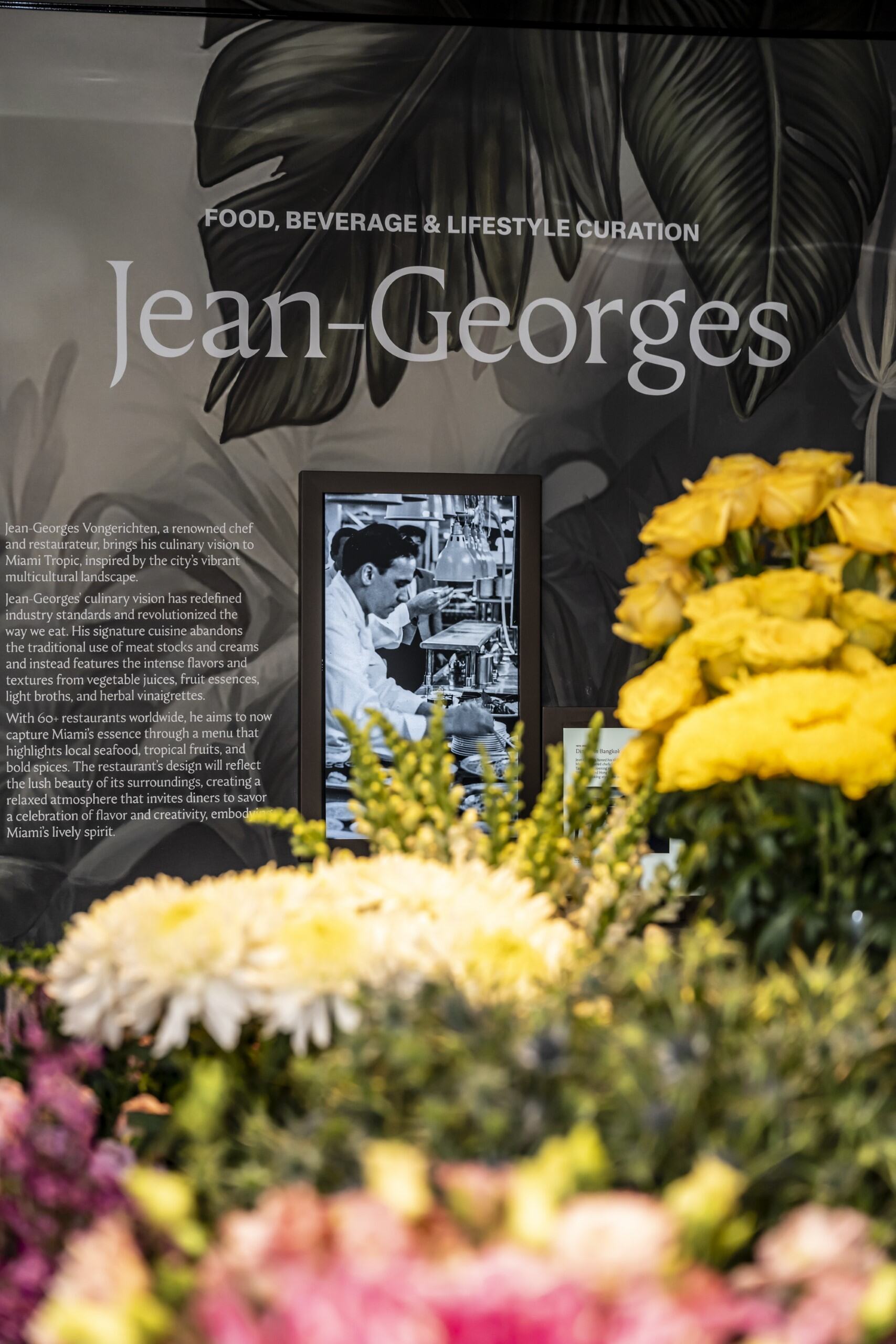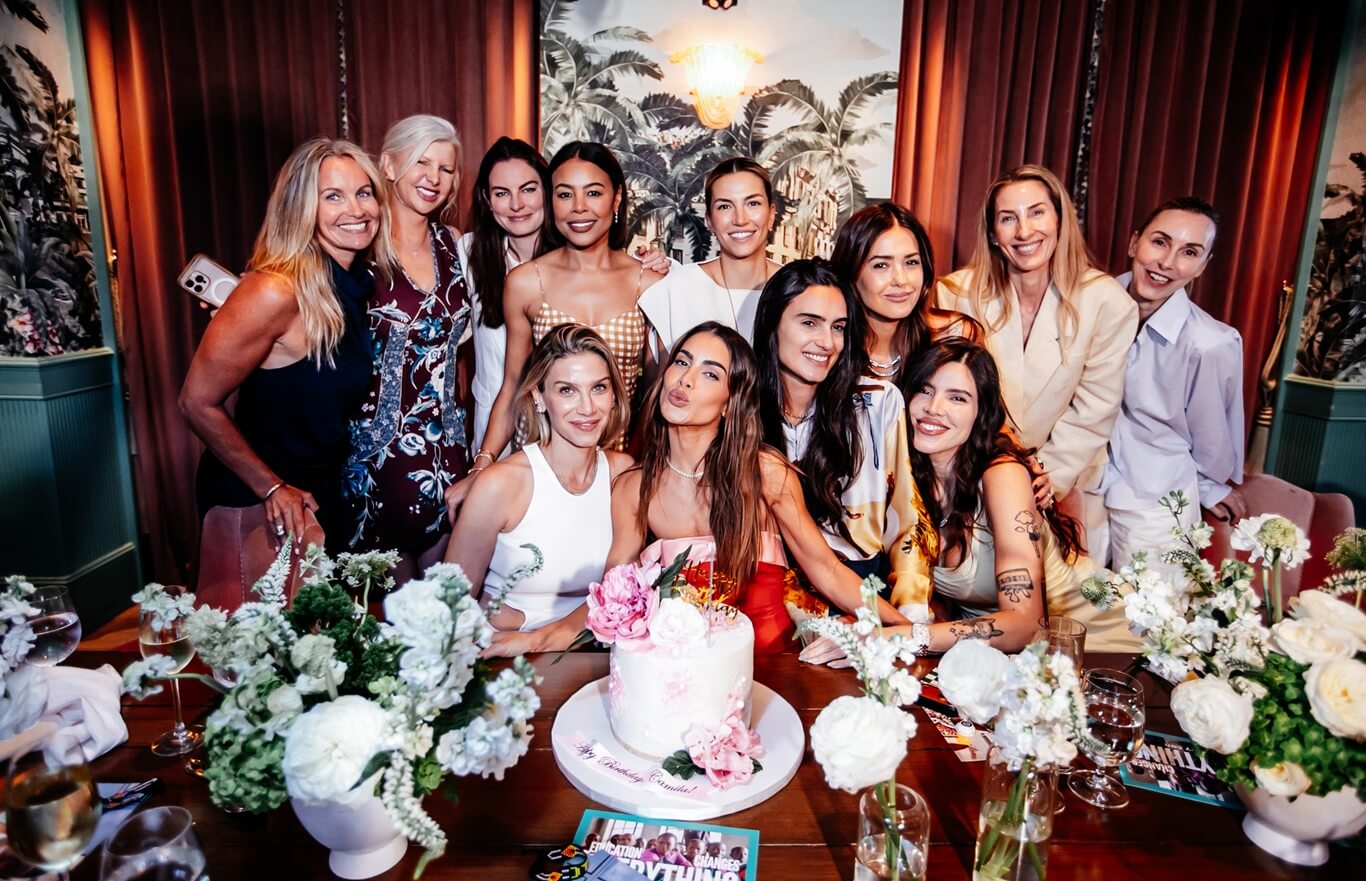Q&A: Untitled At The Whitney’s Executive Chef Suzanne Cupps
Untitled at the Whitney’s executive chef Suzanne Cupps is bringing both her restaurant, and the rest of Union Square Hospitality Group, to new heights. Untitled has become a favorite of every kind of eater in the city: those looking for simple, delicious dishes that feel familiar; fine dining connoisseurs, who relish a well crafted plate; art-lovers, who start a day at the museum upstairs the restaurant with a survey of perfectly cooked bites; and the social media saavy, who know the floor-to-ceiling windows make the perfect lighting for an Instagram post sure to rake in the likes. For all the work Cupps has put into Untitled’s success from the beginning, her leadership marks a new milestone for the restaurant and for women everywhere in the industry.
How did you start cooking?
I’ve been cooking since 2005. I went to ICE in the city. I never had an interest in it before that. My mom cooked every night and it was just something I didn’t really have an interest in being a part of. At Clemson, I studied math, I was going to be a math teacher. It was mostly by default. After college, I had an acquaintance from college that was moving to the city, and it felt like now or never to move to New York. My first apartment was on 62nd Street in the Upper East Side, a 6th floor walkup. After actually going to a number of New York restaurants, I started getting interested in food. Through an agency I got placed in the human resources department of the Waldorf Astoria and loved it. It got me really interested in hospitality and helped me decide to be a chef. After that I enrolled in culinary school.
When you first moved to New York, what were some of the restaurants that inspired you?
My first New Yorky restaurant was probably Lupa. I was with my roommate and some of her friends and remember thinking it was kind of cool but that I wouldn’t imagine ever paying $40 for a plate of pasta. I remember thinking it was cool but being on the fence because of the price tag. One of the more influential moments was some of the sushi restaurants. I had never eaten anything like that before and it was just a complete transformation. Fish had never tasted that good to me. I may have heard of Daniel and some of the fine dining places, but I really learned what a good restaurant was until I went to culinary school.
Where do Union Square Hospitality and Danny Meyer come into your life?
Until I worked for the Waldorf Astoria, I had no idea that this was even an industry. My first job out of culinary school was working for Anita Lo at Anisa. I worked for her for five years and she was an amazing mentor. I really learned how to cook there. I had done my externship at ICE at Gramercy Tavern, which he runs. It was a great place to learn and I was only there for about three months, but I loved it. It was the very end of Tom Colicchio being there. I had a great experience. After five years at Anisa, I went back to cook at Gramercy. It was maybe part way through my first year there that I learned about Danny Meyer’s philosophy and what the larger company was.
When you look at Union Square Hospitality’s restaurants: Gramercy Tavern, Union Square Café, Porchlight, they all have a similar feel. Untitled feels totally different. When you run a restaurant like this one, how much do you diverge?
When we came to open Untitled, we didn’t really know who would come, what the space would feel like, or anything. We knew it was an American Museum, The Whitney, so we wanted to cook contemporary American food. We knew we loved our farmers from Gramercy Tavern, and that we wanted to use them and keep it seasonal. We also took a lot of our staff from the restaurant. So it was a big question of “how do you make a new restaurant with the same chefs, staff, and farmers?” When we saw the space though, it was so apparent. You just can’t cook Gramercy Tavern food in the Untitled space. We were inspired by the high line, which was pretty new at the time. We wanted our food to be beautiful, natural, but not too fussy. We wanted to create dishes that had a few less ingredients that looked beautiful. We’re coming up on three years, and it’s been almost a year since I took over, and we’ve gotten a great response to what we’re doing.
Now that you’re executive chef, are there directions you’re looking to go in that previously weren’t possible?
Mike and I had been cooking together for so long that we had a lot of similarities from the start. Those origins are always here at Untitled, I’m not looking to take it in a different style. I want to keep cooking food from around here, what’s in season. That said, I want to start using my experiences that I have to use influences from afar—being able to be influenced by where I grew up or elsewhere.
What are some dishes on the menu that reflect those other influences?
Sure, we have pimento cheese on the menu, which I never really ate in the south. Traditionally its made with cheddar and mayonnaise, which is fine, but I don’t know if I want to eat a bowl of mayonnaise at the beginning of the meal. So we make ours with whipped ricotta and a local cheddar cheese, so it’s the same idea as a southern pimento cheese, but making it our own and having it make sense for the restaurant. The chicken biscuits are another thing were serving at brunch, which have fried chicken on them. We also make a tangy pepper jam with it. The chicken though is more based on a Korean fried chicken recipe than a Southern one. If you’re eating the dish it might remind you of the South, but it’s not actually a Southern dish.
Untitled is based in the same building as The Whitney Museum. What is the working relationship like between you both?
That’s one of the big challenges, we want to be part o the museum and be exciting for those going to the museum to want to come in and eat with us. We work really closely with the director and departments of the museum on projects and have a close working relationship. But we’re also a destination restaurant and its fun to have people talk about our restaurant and art and be open minded and creative both in art and in the food. We want to be artistic and creative in the way that we cook, but were not looking to put dishes in front of guests that they have no understanding of. I want to take ingredients and products that are familiar and put a twist on it. How do you take a carrot and roast it in a way that makes it the most amazing carrot. How do you make the best version of something that people have ever had? We do a lot of collaborations with the museum though where artists will “Run Restaurant Untitled” where they can have artwork hanging and help with the menu.
As someone who’s now at the core of the city’s dining scene, are there restaurants or bars that you like going to? (No other USHG places allowed.)
I eat at a lot of Japanese restaurants. In the East Village, there’s a restaurant called Hi Collar. It’s very tiny. It’s a bar of maybe 12 seats. I just went to Flora Bar last night, which is the old Untitled space in the old Whitney in the Upper East Side. The food is delicious and the atmosphere is great. Attaboy is a little new restaurant and very delicious. It’s really seasonal with Korean touches to it.
Like a lot of industries, the #MeToo movement has has impacted restaurants, bringing things to light finally, with business owners and chefs like Mario Batali and others stepping down amid scandal. As a woman in a leadership role both at Untitled and for the larger Union Square Hospitality, what are you doing to support the movement?
It’s really important to myself, the restaurant and company, and Danny Meyer. We just had a meeting last week amongst all the leaders, chefs, and general managers about where we want to be and how to treat each other. That’s how you measure the company, how you want to treat each other. We’re all united about creating positive work environments for our teams. I’m in a weird place on this. I’m so sorry to hear about all the news that’s come out. I’ve been very fortunate, and I don’t think ‘lucky’ because there are plenty of people in my shoes, but I’ve never experienced anything like that. I’ve never worked anywhere that was anything but a positive environment. Working for Anita and then for Mike or Danny, they always said whoever has the talent and raises their hand and wants to move up does.
It is something that we have to open our eyes and be aware, but I think plenty of restaurant groups are already going this way. I’m the executive chef of a restaurant in a big group, and I don’t think that could have happened without the environment to support it.
Joe Bastianich is now working to rebrand his group, which he’d co-owned with Mario Batali, to work independently of Batali since the allegations surfaced. How should that process go, can you cauterize the wound like that?
I can’t even imagine. They have cookbooks and retail and restaurants, it must be a mess to handle. I think its hard to separate the two like that, he’s [Batali] at the core of everything they built. The sad thing is that there are so many great people that work in his businesses, or businesses that have faced the same news. How do you punish all the great chefs that have come through these restaurants he’s owned. I think it taints their name a little and it shouldn’t.
Other Image Source: Instagram/UntitledNYC

